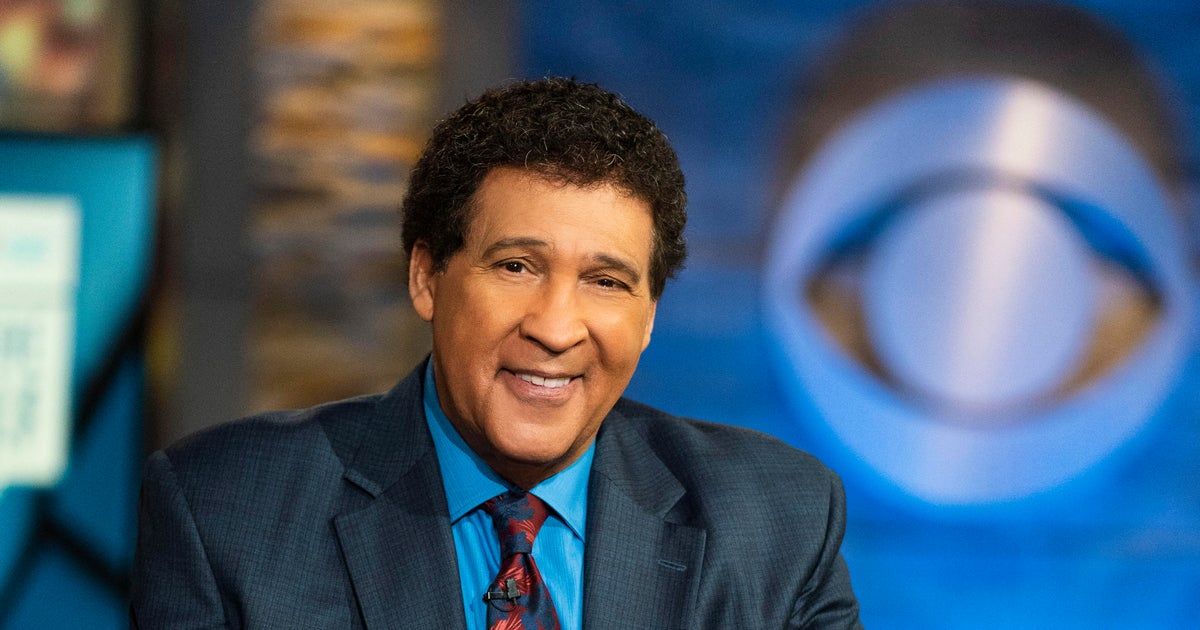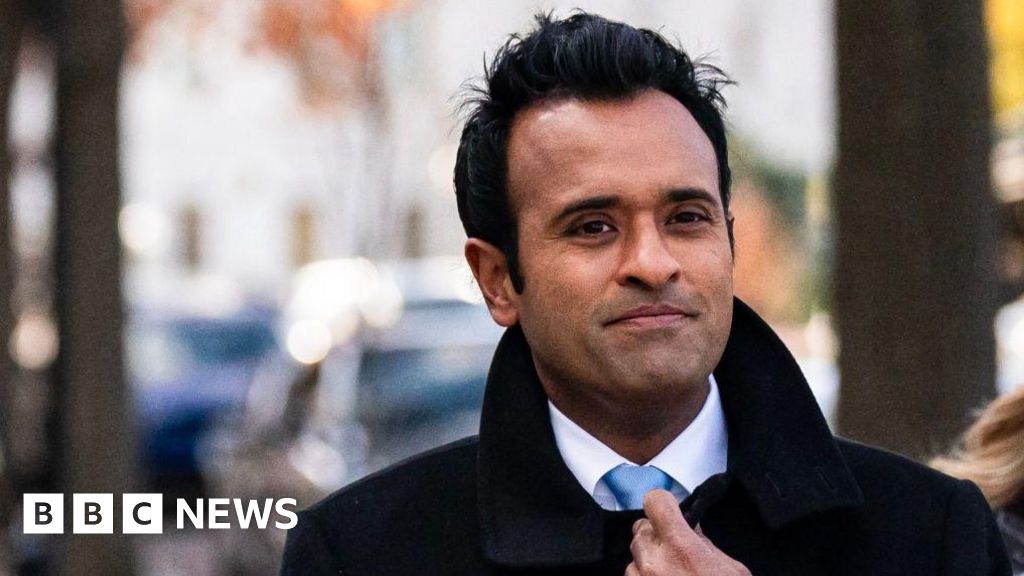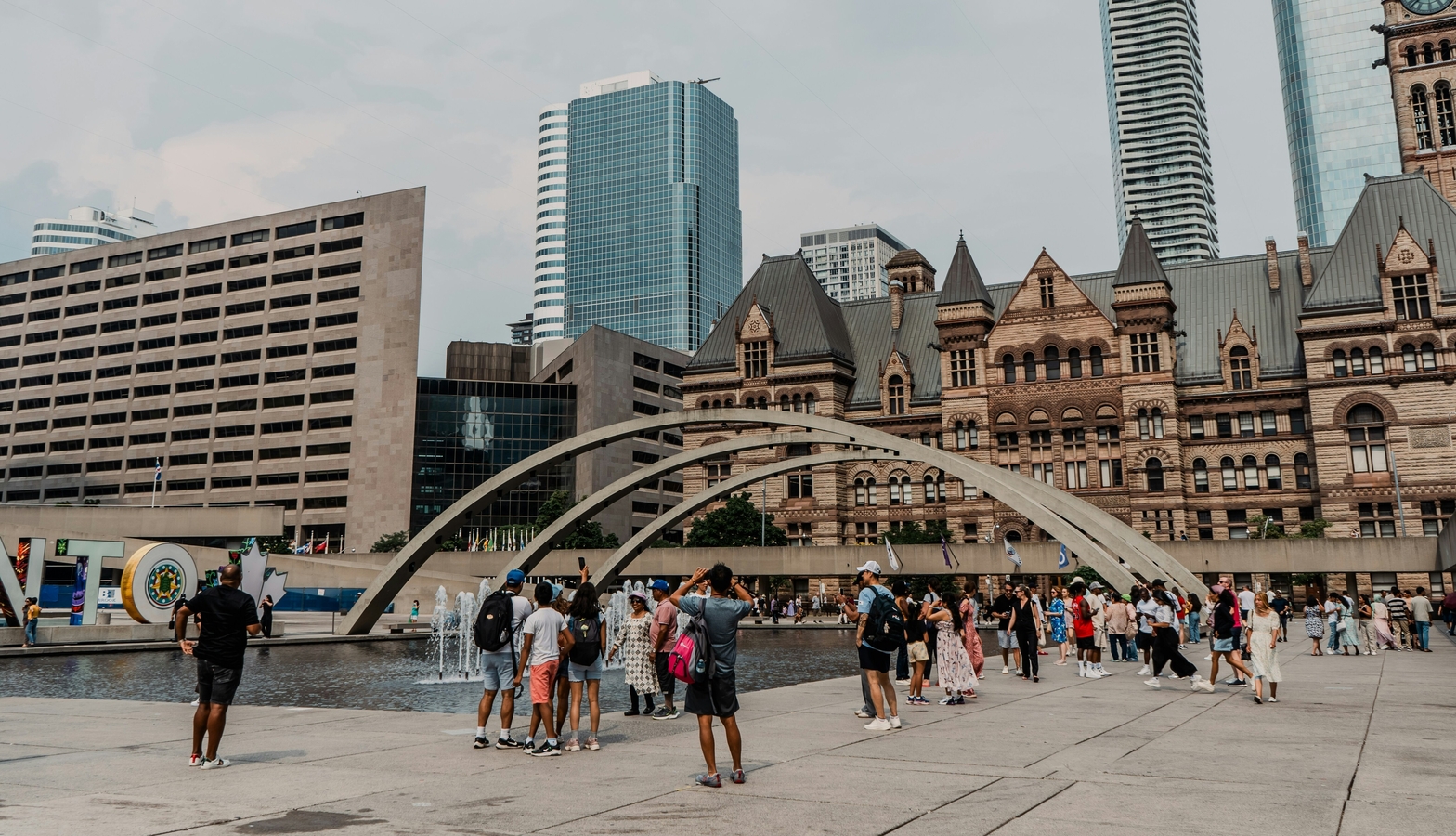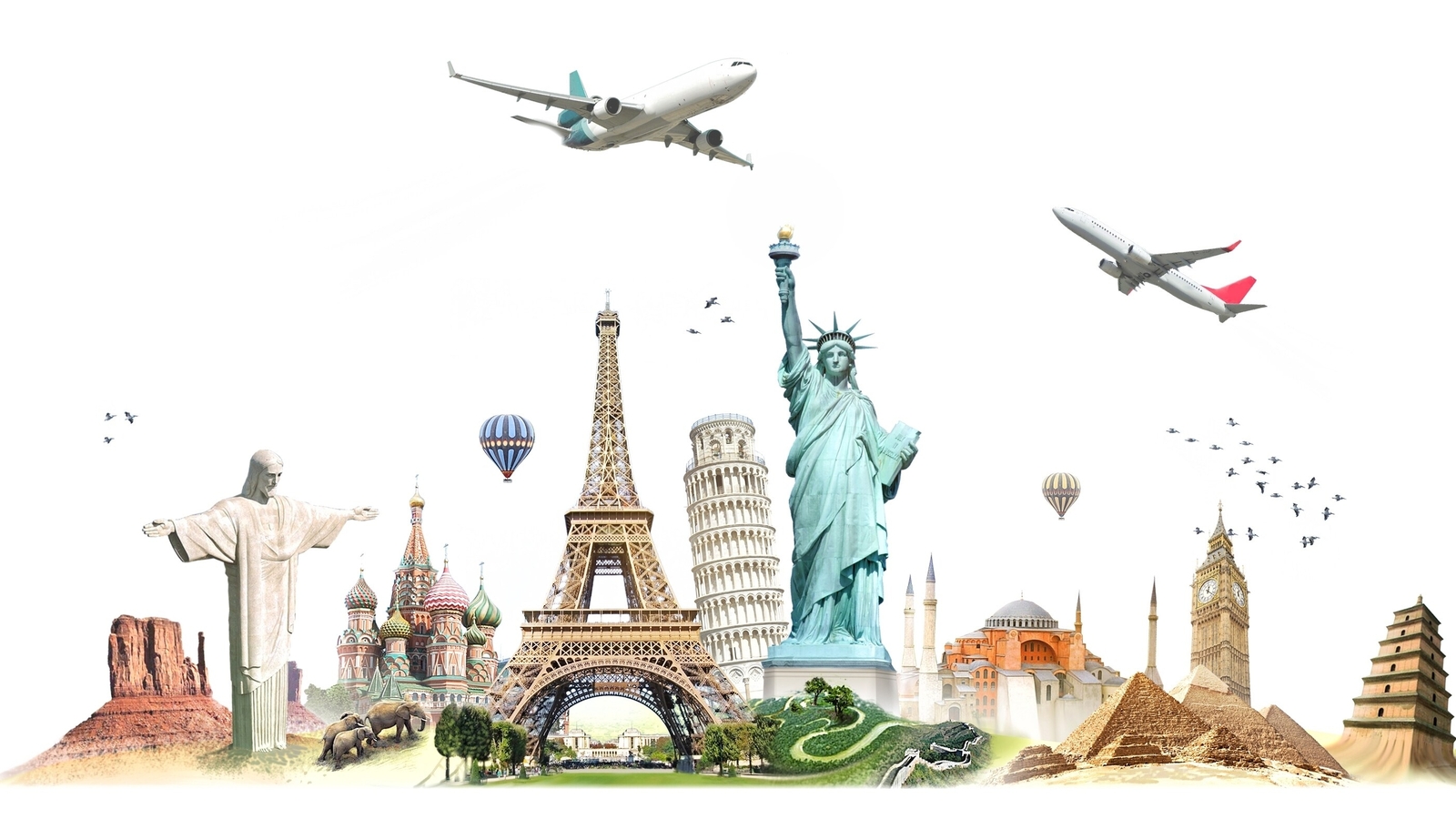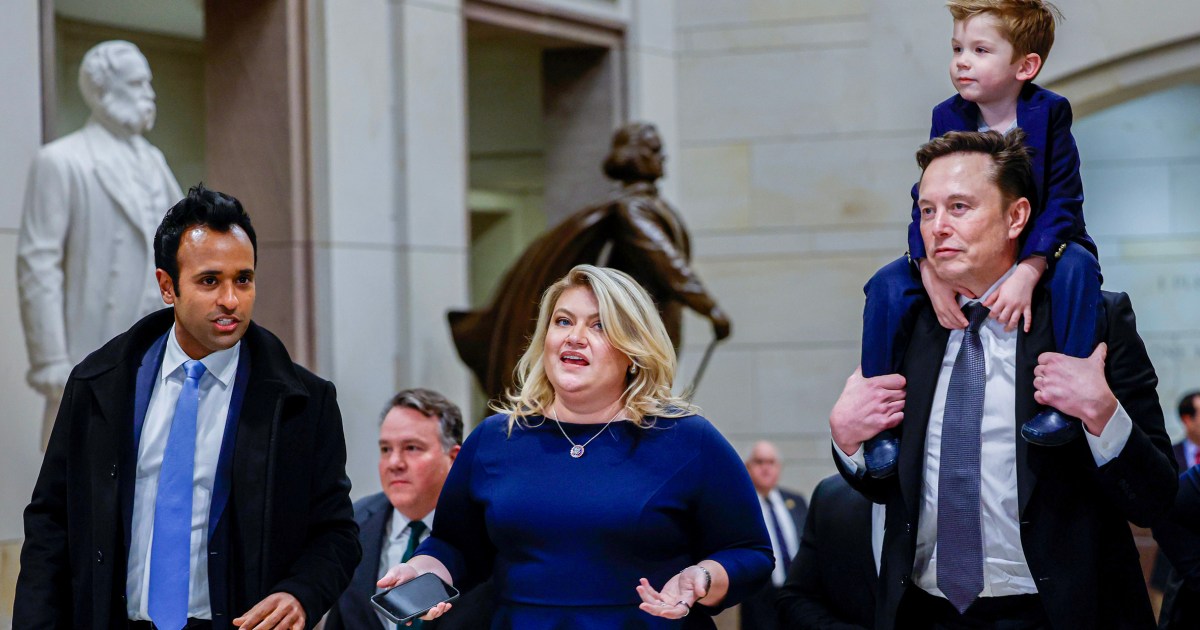World
Friday briefing: Will Trump 2.0 turn America into an autocracy?

Good morning.
The global surge of authoritarian rule in recent years has been stark and alarming. Strongman leaders like Xi Jinping and Vladimir Putin have systematically consolidated power, while a new wave of autocratic rulers have emerged from Asia to South America.
This trend has only been further amplified by Donald Trump’s re-election. As democracies around the world strain under autocratic pressure, the incoming president of the most powerful country in the world has made clear that he wants to use the levers of power at his disposal for his own personal and political gain. As evidenced by Viktor Orbán’s Hungary and Recep Tayyip Erdoğan’s Turkey, democracies do not just collapse under coup d’états and the manipulation of elections – they degrade over time because of the steady hollowing out of democratic structures and institutions. And, unlike in his first term, there will be few people around to hold Trump back.
For today’s newsletter, I spoke with Pulitzer prize-winning journalist and historian Anne Applebaum about her latest book, Autocracy Inc, exploring the nuanced landscape of democratic decline as we enter another Trump era.
In depth: ‘The danger is that Trump pushes democratic decline’
Hi Anne – could you start by defining for readers what you mean by “Autocracy Inc”?
My book describes a group of autocracies that are not connected ideologically. We are talking about communist China, nationalist Russia, theocratic Iran or Bolivarian socialist Venezuela. Some are one-party states, some are run by individual leaders or oligarchies. And yet, all of them have begun, over the last decade, to work together.
They have economic, information and military and geostrategic interests in common. And what links them is an understanding that the language and practices of liberal democracy are a threat to them. The rule of law, human rights, transparency, accountability – that’s the language of their opposition movements – and they came to understand that fighting against those things required them to fight not only inside their own countries but around the world.
How does the re-election of Donald Trump fit into this story of growing autocratic networks?
To be very careful and nuanced, my book and my most recent writing has been about genuine autocracies. These are political systems in which there are no checks and balances, political opposition, independent press and independent courts. I have also written about democratic decline, which refers to democracies where there are democratically elected leaders pushing their countries in that direction.
I think it’s fair to say – and this isn’t my interpretation, that this is based on things that Trump himself said – that Trump fits into that latter mould. The US is not going to become a dictatorship overnight but Trump is someone who has talked about, even since being elected, undermining some rules and institutions and changing the way that the American political system works. The danger is not that America becomes a totalitarian state, the danger is that Trump pushes an already existing problem of democratic decline and growing autocratic trends and practices and makes them worse.
What are the democratic guardrails at risk in the US?
Guardrails are just people – people who act in the way they are institutionally supposed to act. The last time Trump was president, he was surrounded by a lot of people who were very concerned that he not break the rules. He has a different set of advisers now.
Trump has dropped hints about wanting to change the leadership of the military, talking about replacing “woke” generals. There aren’t really woke generals, but this could be a way to change generals so that he has people in charge of the army who would act as he wanted them to act: according to his personal will or political desire, not necessarily according to the constitution.
Earlier this year you wrote about how some autocracies use propaganda to discredit democracy. What are the main levers that these nations use?
In my book, I wrote a bit about the ways in which the autocratic world collaborate and cooperate on creating an autocratic narrative – an argument that autocracy is stable and safe and democracy is weak, divided and degenerate.
Some of the ways in which the autocratic world influences the democratic world are pretty direct. We had a case last summer where a group of YouTubers, a media company of sorts based in Tennessee, were already putting out a lot of different kinds of materials promoting far-right conspiratorial narratives when Russia Today, a Russian state media company, took it upon themselves to begin funding them via a series of shell companies and a fake businessman. That’s just one example. There’s a whole world of information laundering that they engage in.
In the last US election, we also saw something else. Elon Musk, owner of one of the largest social media platforms, began to use X to algorithmically boost pro-Trump and autocratic narratives. And that is, of course, not a Russian or a Chinese plot – this was done inside the United States. But it is something that other democracies should be aware of, because Musk has specifically talked about using his platform in order to do what he has done in the US in other countries. Whether he can do that, I don’t know.
after newsletter promotion
‘There’s always something you can do in your community’
People often don’t notice the initial signs of authoritarianism or democratic decline as it’s happening. Why do you think that is?
I lived in Poland during the beginning of the rule of Law and Justice, a political party that is probably best described as autocratic populist. One of the first things they did upon winning power was to try to change the court system and to politicise the courts, which they partially succeeded in doing.
Initially there was a big reaction to this, there were protests and so on. But over time, because it was something that people didn’t see in their daily lives, it became clear that the loss of independent courts turned out not to be something that you could make most people care about. It was only over time, as the courts began to make some decisions that affected more people, particularly about abortion, that people began to understand the connection between the courts and their lives, which hadn’t been clear to them before.
One of the side effects of that kind of deterioration is that you get a lot of corruption. And that is something people do eventually begin to notice. That’s what happened in Poland – the public noticed the growing levels of corruption because they became too large to hide. And that eventually led to a kind of popular revolt against the ruling party.
How are people resisting the rise of Autocracy Inc.?
The US is not an autocracy and there will be all kinds of legal, political and journalistic resistance there in the coming years. It is a very different story for civic and political activists in closed societies. I think it’s fair to say that over the last decade, a lot of the windows and possibilities for groups like that have closed. It’s much harder now to create a civil movement organised around a set of ideals than it used to be. The autocratic world has learned how to use the internet to create smear campaigns and to undermine leaders and break up political movements. The willingness to use really harsh measures has gone up, certainly in Russia, which is a much more repressive society now than it was a few years ago when the war began.
Nevertheless, there are still a lot of brave people. Over the last 20 years I’ve spoken to many activists and one of the lessons that those conversations have left me with is that maybe this is the mistake that the autocratic world makes: they imagine that by pushing back against this language or cutting people off from access to information that they will end this urge that people have to live in a more just society. But the truth is that people rediscover that urge all the time.
How can we combat hopelessness?
Because my most recent book is about these big geopolitical questions, I find that it leaves people feeling a bit helpless. But there’s always something you can do in your community and it is important to remember that democracy is strengthened by any kind of civic activism. If we want our democracies to succeed under this pressure, both from the outside and from within, it needs a lot of people to participate in any way they can.
Reading this online or on the Guardian app? Over Christmas period the headlines and sport will not appear, so to get the First Edition experience in your inbox every morning, sign up here


